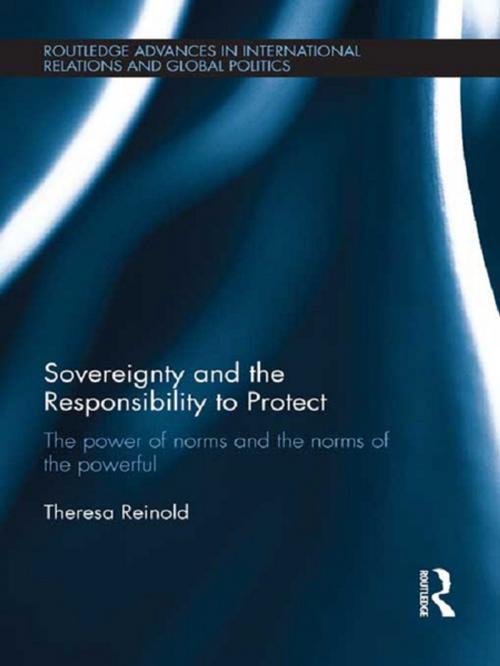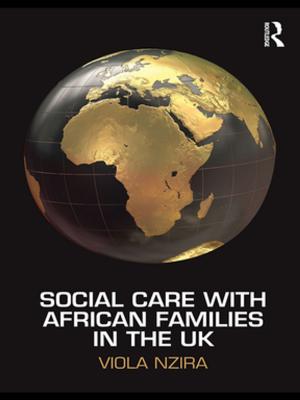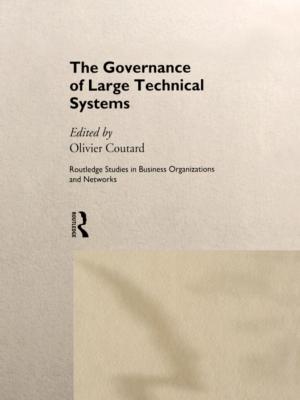Sovereignty and the Responsibility to Protect
The Power of Norms and the Norms of the Powerful
Nonfiction, Social & Cultural Studies, Political Science| Author: | Theresa Reinold | ISBN: | 9781136169267 |
| Publisher: | Taylor and Francis | Publication: | December 13, 2012 |
| Imprint: | Routledge | Language: | English |
| Author: | Theresa Reinold |
| ISBN: | 9781136169267 |
| Publisher: | Taylor and Francis |
| Publication: | December 13, 2012 |
| Imprint: | Routledge |
| Language: | English |
This book explores how the bedrock institution of today’s global order – sovereignty – is undergoing transformation as a result of complex interactions between power and norms, between politics and international law.
This book analyses a series of controversial military interventions into the internal affairs of "irresponsible sovereigns" and discusses their consequences for the rules on the use of force and the principle of sovereign equality. Featuring case studies on Kosovo, Darfur and Afghanistan, It shows that frames from one discourse (for example the debate over the responsibility to protect) have been imported into other discourses (on counter-terrorism and nuclear non-proliferation) in an attempt to legitimize a bold challenge to the global legal order. Although the ‘demise’ of sovereignty is widely debated, this book instead seeks to ‘deconstruct’ sovereignty by explaining how this institution has been reconstituted by global powers whose hegemonic law-making activities have popularized the notion of sovereignty as responsibility.
Drawing on international relations theory, international law and sociology, Sovereignty and the Responsibility to Protect develops a truly interdisciplinary perspective on the transformation of sovereignty and will be of strong interest to students and scholars in these fields.
This book explores how the bedrock institution of today’s global order – sovereignty – is undergoing transformation as a result of complex interactions between power and norms, between politics and international law.
This book analyses a series of controversial military interventions into the internal affairs of "irresponsible sovereigns" and discusses their consequences for the rules on the use of force and the principle of sovereign equality. Featuring case studies on Kosovo, Darfur and Afghanistan, It shows that frames from one discourse (for example the debate over the responsibility to protect) have been imported into other discourses (on counter-terrorism and nuclear non-proliferation) in an attempt to legitimize a bold challenge to the global legal order. Although the ‘demise’ of sovereignty is widely debated, this book instead seeks to ‘deconstruct’ sovereignty by explaining how this institution has been reconstituted by global powers whose hegemonic law-making activities have popularized the notion of sovereignty as responsibility.
Drawing on international relations theory, international law and sociology, Sovereignty and the Responsibility to Protect develops a truly interdisciplinary perspective on the transformation of sovereignty and will be of strong interest to students and scholars in these fields.















